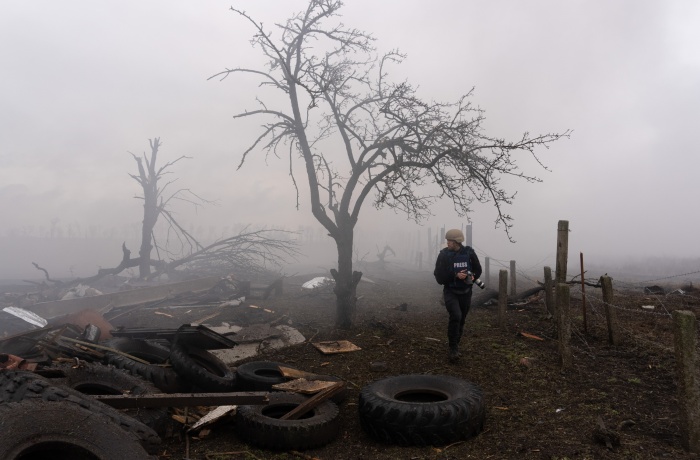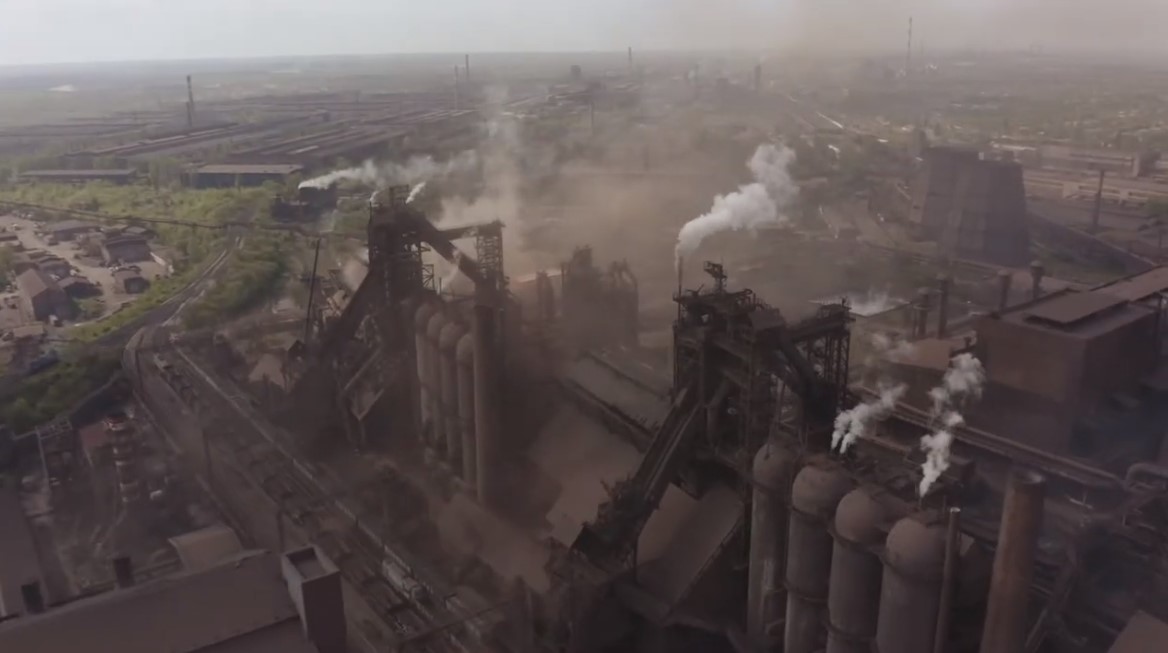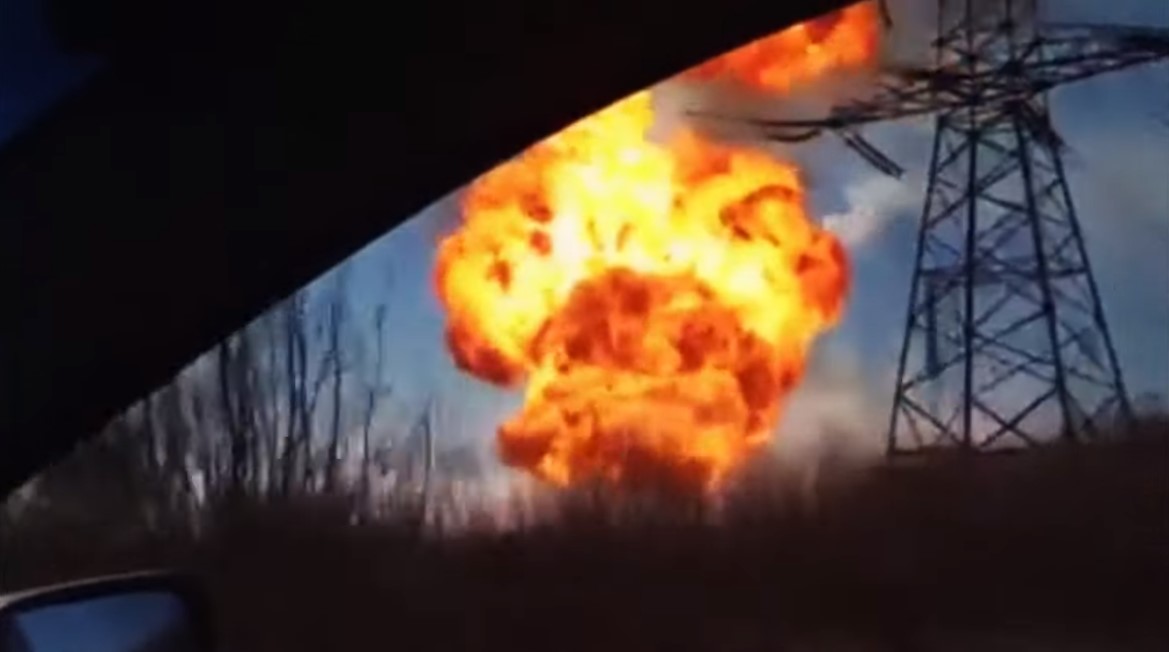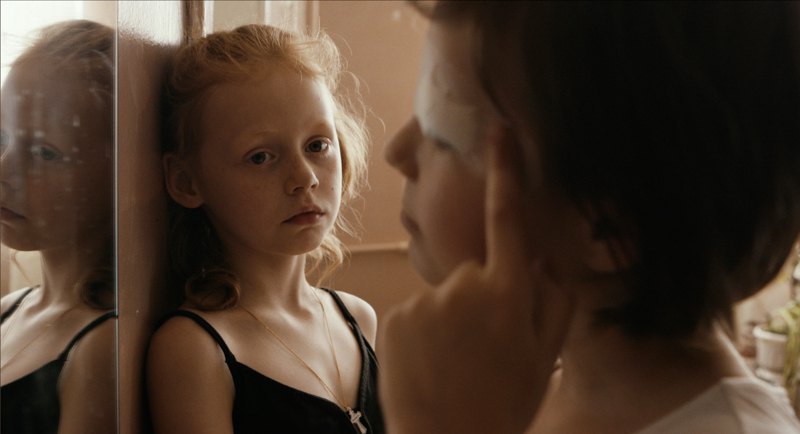In the selection below, there are several important films about Donbas that everyone should watch.

The already award-winning film by Mstyslav Chernov, "20 Days in Mariupol" (Audience Award at the Sundance Independent Film Festival), tells the story of the siege of the city and the Ukrainian resistance. The director, videographer, and war correspondent Mstyslav Chernov's attentive and restrained perspective primarily focuses on the fates of ordinary people, the city's residents whose lives were forever changed or tragically ended. The creators document the daily suffering of ordinary people: frightened children in bomb shelters, looted stores, and impromptu mass burials. It's a historical film about which one might say, "it would have been better if it never existed," but it is absolutely clear that the world should watch it.
In 2024, "20 Days in Mariupol" will represent Ukraine at the Oscars in the category of "Best International Feature Film."

Did you know that the first hospitals and parks in Mariupol were built by Americans, and the first cinemas, which didn't even exist in Kyiv at the time, were built by Belgians? If not, then the film "Eurodonbas" by director Korniy Grytsiuk and producer Anna Palenchuk will likely shatter your stereotypes because its goal is to debunk Soviet myths about Donbas and show that over 100 years ago, Donbas was an integral part of the European economy.
In the film, you can see European architecture in Mariupol, Lysychansk, and Druzhkivka. Unfortunately, most of these European heritage buildings can only be seen on screen, as almost all of these objects of European heritage were destroyed by Russian forces.

Roman Liubyi's film "invites the viewer on a surreal journey to the front lines of the war with Russia—a whimsical netherworld where the rules are different from the ordinary world. Different behaviors, different relationships, different humor. The characters wake up and fall asleep, rejoice and cry, shoot videos, and always feel that the recording could end at any moment." This director's description actually explains a lot, as "War Notebook" is unlike classic documentary films about war—it is created based on personal footage and recordings from the mobile phones of soldiers. This film is incredibly important to watch because it allows us to see the combat actions from the inside.
In 2020, "War Notebook" won the Audience Award and two special prizes.

The documentary film "The Train 'Kyiv – War'" was directed by Korniy Grytsiuk, a resident of Donetsk, in 2019. Watching it during the height of the full-scale war is both painful and important. The film was shot on the Kyiv – Kostiantynivka train route because Kostiantynivka, after the occupation of Donetsk, became the point where Ukrainians could still reach from Kyiv. Right after Kostiantynivka, the grey zone began, and then the frontline.
The journey from Kyiv to Kostiantynivka takes 12 hours. During this time, people with different personalities, social statuses, political views, and convictions share the train compartment. They communicate, argue, even quarrel, but they talk and travel in the same direction. All of them are seeking to reach peace.

This is a documentary film directed by Simon Lereng Wilmont and Azad Safarov, which competed for an Oscar in the category of Best Documentary Feature last year but lost to HBO's "Navalny." "A House Made of Splinters" tells a poignant story about a children's home in Lysychansk, which is now occupied by Russians. The film depicts the daily lives of the children residing in the Center for Social and Psychological Rehabilitation in Lysychansk, who ended up there due to their parents' inability to care for them. The film's unique value lies in the fact that it was shot without a script or rehearsals because the primary goal was to show and document the real lives of these children.




















